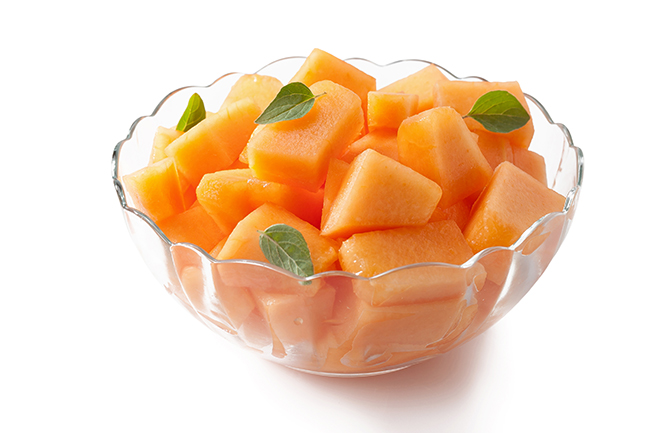The novel coronavirus (COVID-19) has been quickly spreading across the globe, which triggered most affected countries to officially declare a state of public health emergency. The World Health Organization (WHO) has labeled this rather fast outbreak as pandemic. Food companies were urged to apply proper hygiene practices such as regular handwashing and surface cleaning to keep the risk of contagion at its lowest level.1 At the moment, there are many ongoing clinical trials evaluating potential treatments for COVID-19 but no specific vaccine or medicine have been publicly made available, as of this writing.
COVID-19 belongs to a family of viruses that cause respiratory issues and can be passed on directly through contact with an infected person’s body fluids (i.e, cough or sneeze discharge) and indirectly, through contact with contaminated surfaces.2 But can the virus be transmitted through edible goods?
Coronavirus Transmission through Food
According to the CDC, there is no current indication to support the transmission of COVID-19 through food since, in general, it needs a living host on which to grow. However, sharing food and beverages, especially in public places, is discouraged. Moreover, good food safety practices are highly recommended, including refrigerating, keeping raw and cooked goods separated and heating food at suitable temperature (around 75 ̊ C).3
If the consumed food is hypothetically contaminated with the virus, the stomach acid (due to its acidic nature) will immediately inactivate it. In addition, COVID-19 cannot affect the body internally via the intestines. One rare exception to the previous statement occurs when the virus gets in contact with a specific type of respiratory cells.
According to food safety experts, foodborne illnesses are generally caused by bacterial cells that have the ability to grow in food and multiply rapidly within a short amount of time. On the other hand, viruses are dormant particles floating around living cells; only when they successfully breaks into the aforementioned cells, the multiplication process can take place.1,3
General Food Safety Advice for Food Businesses
Food manufacturers must follow good hygiene and safety practices to help ensure the consistent quality and safety of their products:4,5,6
- Purchase raw material from reputable sources
- Cook food thoroughly and maintain safe holding temperatures
- Clean and sanitize surfaces (such as cooking boards, refrigerators handles, etc.) and equipment
- Properly train staff in taking extreme hygiene measures
- Employees showing signs of infectious illness must not attend work
- Implement appropriate risk management strategies (e.g,. encourage social distancing and endorse online meetings when applicable)
- Number of staff in a kitchen or food preparation area should be kept to a bare minimum
- Space out workstations and food preparation areas, when possible
References
- World Health Organization. (2020). Coronavirus disease: advice for the public.
- Food Standards Australia & New Zealand. (2020). Novel Coronavirus and Food Safety.
- CDC. 2020. Food Safety and Coronavirus Disease 2019 (COVID-19).
- Harvard Health Publishing, Harvard Medical School. (2020). Coronavirus Resource Center.
- European Food Safety Authority (EFSA). 2020. Coronavirus: no evidence that food is a source or transmission route.
- USDA.(2020). Coronavirus Disease (COVID-19).







